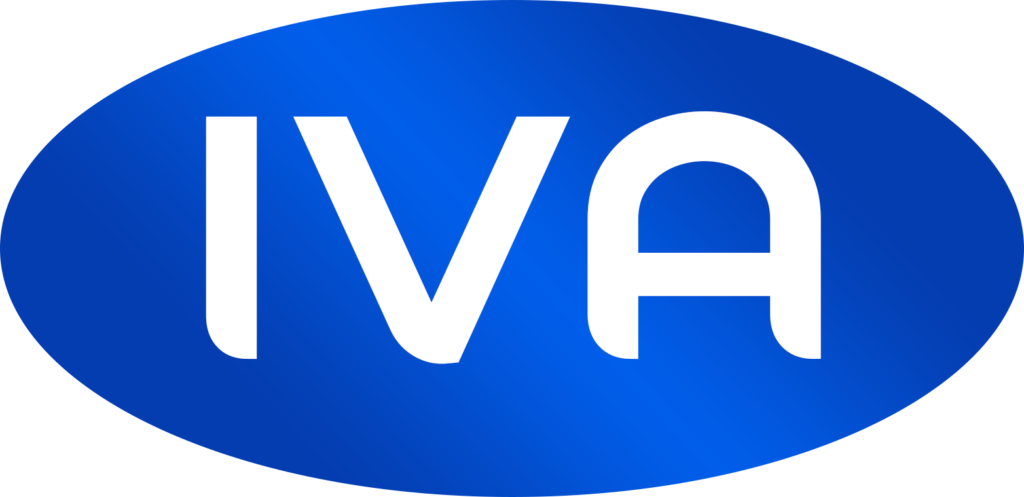Top Frequently Asked Questions About IVAs
If you’re struggling with debt, an Individual Voluntary Arrangement (IVA) can be a life-changing solution. However, the process can feel overwhelming if you’re unfamiliar with how it works. To help, we’ve compiled answers to some of the most frequently asked questions about IVAs.
At our firm, we guide UK citizens through the IVA process, ensuring you have the knowledge and support needed to regain financial control. Let’s dive into the most common questions about IVAs.
- What is an IVA?
An Individual Voluntary Arrangement (IVA) is a formal agreement between you and your creditors to repay a portion of your debts over a fixed period, typically five to six years. Once the IVA is completed, any remaining eligible debt is written off. - Who is Eligible for an IVA?
You may be eligible for an IVA if:
- You have unsecured debts of at least £6,000.
- You owe money to two or more creditors.
- You can afford a regular monthly payment, typically at least £70.
- You reside in England, Wales, or Northern Ireland. (IVAs are not available in Scotland, but similar solutions like Trust Deeds exist.)
Your eligibility will be assessed by an insolvency practitioner (IP), who will review your financial situation and recommend the best course of action.
- What Types of Debts Can Be Included in an IVA?
Most unsecured debts can be included in an IVA, such as:
- Credit cards
- Personal loans
- Store cards
- Overdrafts
- Utility bill arrears
However, some debts cannot be included, such as:
- Secured debts (e.g., mortgages)
- Student loans
- Court fines
- Child maintenance payments
- How Does the IVA Process Work?
The IVA process involves several key steps: - Initial Consultation: You discuss your financial situation with an IP to determine if an IVA is suitable for you.
- Proposal Preparation: The IP prepares a proposal outlining your repayment plan for creditors.
- Creditors’ Meeting: Your creditors vote on whether to accept the proposal. At least 75% (by value) of the creditors who vote must agree for the IVA to proceed.
- Repayment Period: You make monthly payments for the agreed duration, usually five to six years.
- Completion: Once all payments are made, any remaining eligible debt is written off.
- Will an IVA Affect My Credit Score?
Yes, an IVA will significantly impact your credit score. It will appear on your credit file for six years from the date it’s approved, even if you complete the IVA early. During this time, obtaining new credit may be challenging, but completing the IVA provides a path to financial recovery. - Can I Keep My House and Car in an IVA?
In most cases, you can keep your house and car, but the specifics depend on your situation:
- House: If you own a home, you may be required to attempt remortgaging toward the end of your IVA to release equity. If remortgaging isn’t possible, your IVA payments may be extended by up to 12 months.
- Car: If your car is essential for work or daily life, you’re usually allowed to keep it, provided its value is reasonable.
Your IP will work with you to ensure essential assets are protected while still meeting your creditors’ expectations.
- Can My Creditors Contact Me During an IVA?
No, once your IVA is approved, your creditors are legally bound by its terms and cannot contact you to demand payment. All communication must go through your insolvency practitioner, giving you peace of mind. - What Happens If My Circumstances Change During an IVA?
Life can be unpredictable, and changes to your financial situation—such as job loss, illness, or unexpected expenses—can affect your ability to make payments. If this happens:
- Inform your IP immediately.
- They may negotiate a temporary payment reduction or request a variation of the IVA terms with your creditors.
Open communication with your IP is key to successfully managing your IVA.
- What Are the Benefits of an IVA?
An IVA offers several advantages, including:
- Debt Relief: Write off a significant portion of your unsecured debt.
- Legal Protection: Creditors cannot take legal action against you once the IVA is in place.
- Fixed Repayment Plan: A clear, manageable repayment schedule.
- Asset Protection: You can usually keep your home and car.
- What Are the Risks of an IVA?
While an IVA is a great solution for many, it’s not without risks:
- Credit Impact: It will lower your credit score for six years.
- Missed Payments: Failing to keep up with payments could result in the IVA failing, leaving you open to creditor action.
- Equity Release: Homeowners may need to release equity.
- Restricted Spending: You’ll need to stick to a strict budget.
Discussing your options with an experienced IP will help you weigh these risks against the benefits.
- Can I Cancel an IVA?
You can choose to cancel an IVA at any time, but this has serious consequences. Your creditors may resume pursuing you for the full amount owed, including any interest and charges accrued during the IVA.
It’s important to discuss any concerns with your IP before making this decision. - How Is an IVA Different from Bankruptcy?
While both are debt solutions, there are key differences:
- Impact on Assets: An IVA allows you to keep more control over your assets, such as your home and car.
- Public Record: Bankruptcy is publicly listed in the London Gazette, while an IVA is not.
- Cost: IVAs typically involve set monthly payments, whereas bankruptcy may require selling assets to pay creditors.
An IVA is often seen as a less drastic alternative to bankruptcy.
How We Can Help
At our private firm, we specialise in helping UK citizens navigate the IVA process. From assessing your eligibility to providing ongoing support, we’re here to guide you every step of the way.
We’ll ensure you understand:
- Your rights and obligations under an IVA.
- How to manage payments and avoid common mistakes.
- The steps to take once your IVA is complete.
Take Control of Your Debt Today
If you’re considering an IVA or simply want to learn more, we’re here to help. Our experienced team offers personalised advice to ensure you make the best decision for your financial future.
Contact us today for a free consultation and take the first step toward debt relief and a brighter tomorrow.







